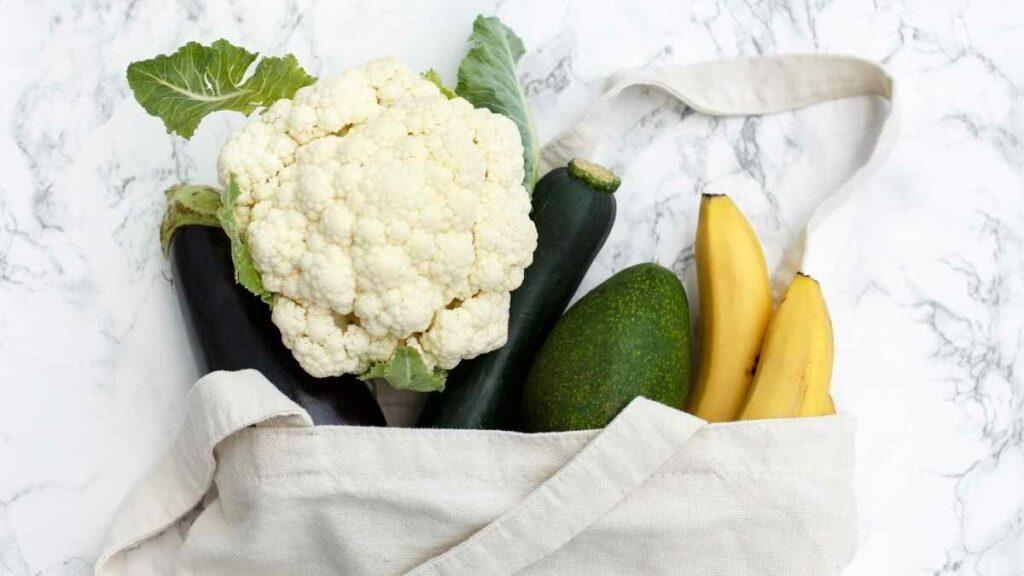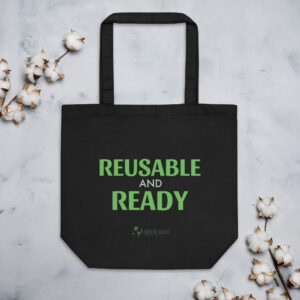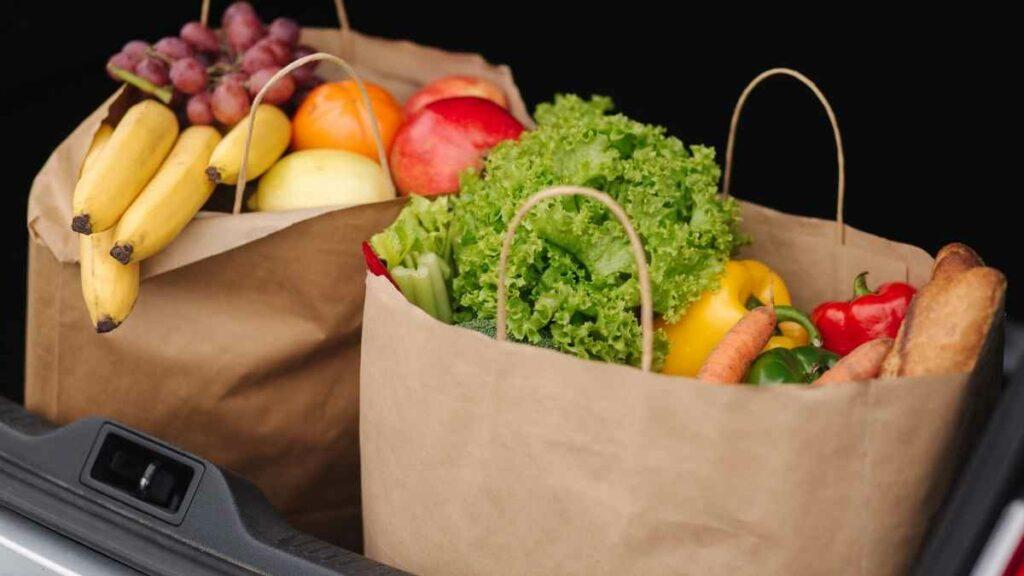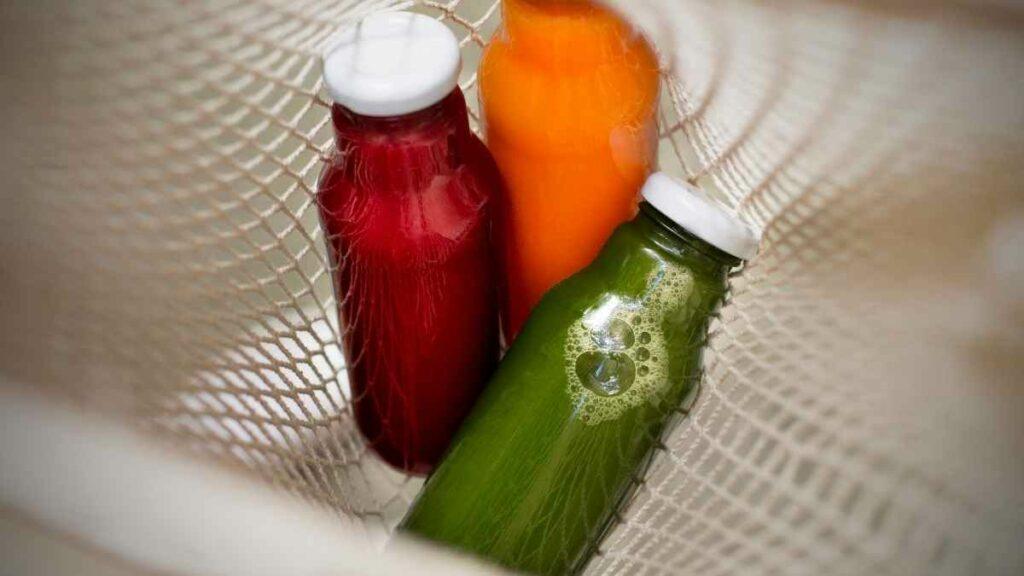Over the last couple of decades, sustainable living has become a big deal globally and at the center of the issue is the need for environmental friendliness.
Environmental friendliness refers to adopting eco-friendly habits, processes, and products. As easy as they may sound, most people are not abiding by them; if anything, they are neck-deep in a negative waste lifestyle.
If you’re wondering why that is so, you need not look too far. Assess what you wear, eat and use daily; the reality becomes clear.
From the unending accumulation of single-use plastic bags to simple snack bags, there are lots of things that you can change.
An excellent place to start your zero-waste lifestyle journey would be changing the bags you use in packing waste. Yes, your single-use waste bags are waste themselves, so a transition to use more eco-living zero-waste bags is an excellent first step.
Are eco-friendly bags really eco-friendly?

There is no doubt about it; eco-friendly bags are truly eco-friendly.
Why?
For one, they are biodegradable, which means they can be broken down naturally, the same as food waste, natural fabric, and other natural materials. They are usually made from old newspapers, twine, and natural-based adhesives.
-

Fashionably Green and On-The-Go
£16.50 Select options This product has multiple variants. The options may be chosen on the product page -

Reusable and Ready Eco-Friendly Tote Bag
£16.50 Add to cart
However, my personal favorites are those made from clothes because they are machine washable and can be reused. Some of these are even equipped with cotton cord/drawstring at their necks to serve as handles and a way of tying them close.
You can use these bags for various functions, including food storage, reusable shopping bags, reusable grocery bags, etc.
Everyday bags you can replace with an eco-friendlier alternative
On a day-to-day basis, every individual uses an unhealthy number of plastic bags. These plastic bags are considered convenient, and they come in many forms.
However, healthier and even more convenient alternatives could serve as replacements. Below are some of the plastic bags and their healthier, eco-friendly, or zero-waste alternatives:
Grocery bags

Paper bags are rapidly replacing plastic grocery bags, but while they reduce waste, they are still not as convenient as reusable bags.
There’s nothing wrong with carrying your one reusable bag every time you need to stock up on groceries.
You can use both paper and reusable grocery bags the same way. However, while you can only recycle a paper bag a limited number of times, zero waste bags made of cloth can be washed and reused for years.
Waste bags
As stated earlier, conventional waste bags are waste themselves, but their plastic nature means that even the biodegradable ones might take their time decomposing.
In contrast, paper bags decompose more quickly, and cloth bags can be used as reusable bags for disposing of waste for a long time.
They decompose quickly if made from a suitable material when they are eventually put out of use.
Snack bag/sandwich bag
Paper bags are widely in use as snack bags already. that said, you can reduce waste some more by replacing them still with cloth bags.
Those are washable and would need to be replaced less frequently.
Produce bag
You can also replace produce bags with mesh bags. These can be fitted with drawstrings at their necks to provide a relatively tight seal.
Such plastic-free reusable produce bags are great additions to a zero-waste lifestyle, especially if you frequent visitors to the farmer’s market.
Plastic bags/Packaging

Most processed products are usually sold in plastic packaging, and it’s tough to see that stopping anytime soon.
Despite the damage they represent to the planet, the fact that they are lightweight, stylish, and are available in different sizes, makes them convenient for manufacturers.
The only alternative to using such packaging would be to opt for homemade products. This means homemade snacks, DIY products, and fresh food instead of branded products.
How to make your own Zero waste bags?
You could always buy zero waste bags online, but what fun is that when you can create them from household materials.
In addition, the homemade option costs less and would still be as sturdy as the purchased ones.
The following are brief descriptions to help you make reusable bags at home:
Reusable produce bags
These types of bags are made from cloths, preferably mesh or muslin. They should be such that they allow the passage of light and air.
The can have drawstrings made from cotton to ensure a good closure. The additional closure gives them the look of oversized purses, but the landfill would thank you for your efforts if it could!
Reusable grocery bags

Grocery bags can be made from paper or cloth. The Paper version can be made from old newspapers using natural-based adhesives but are rarely reusable.
On the other hand, cloth bags can be made from old clothes, preferably plain denim, because they are more durable and can carry more without sustaining damage, ensuring their reusability.
Reusable snack bags
These are handy bags that you can use to pack a sandwich for your kids or yourself.
They can be made from napkins and are designed to be smaller and more compact than other reusable bags.
Reusable waste bags
Waste bags are meant to help the environment stay cleaner, and they do so exceptionally when made from cotton compared to plastic. The cotton bags can be made from cloth rags and used to line your trash can.
This bag should be covered at the bottom and open at the top. You can wash them after every couple of uses to keep them clean.
Reusable food storage bags
Ziploc bags are already recognized for their unfriendliness towards the planet and are being replaced in the more developed countries of the world.
Their replacement in many homes is silicone bags (which are equally durable but reusable), but you can make your own using natural fabric. Some homemade food storage bags are made from jute, but others can be made from muslin and cotton.
The most important consideration with such bags is protecting their contents from damaging conditions.
Conclusion
The sustainability of many global practices has been called into question as the planet’s health continues to wane.
Depending on who is reading, that might be an over-exaggeration (or under exaggeration). However, the fact remains that things have to change. A simple way to contribute to this change involves giving up your plastic bags for alternative reusable ones.
Don’t do it for me, though, do it for the planet your descendants are to inherit.
There is no doubt that moving to a zero-waste will help the environment, so make a start today!

